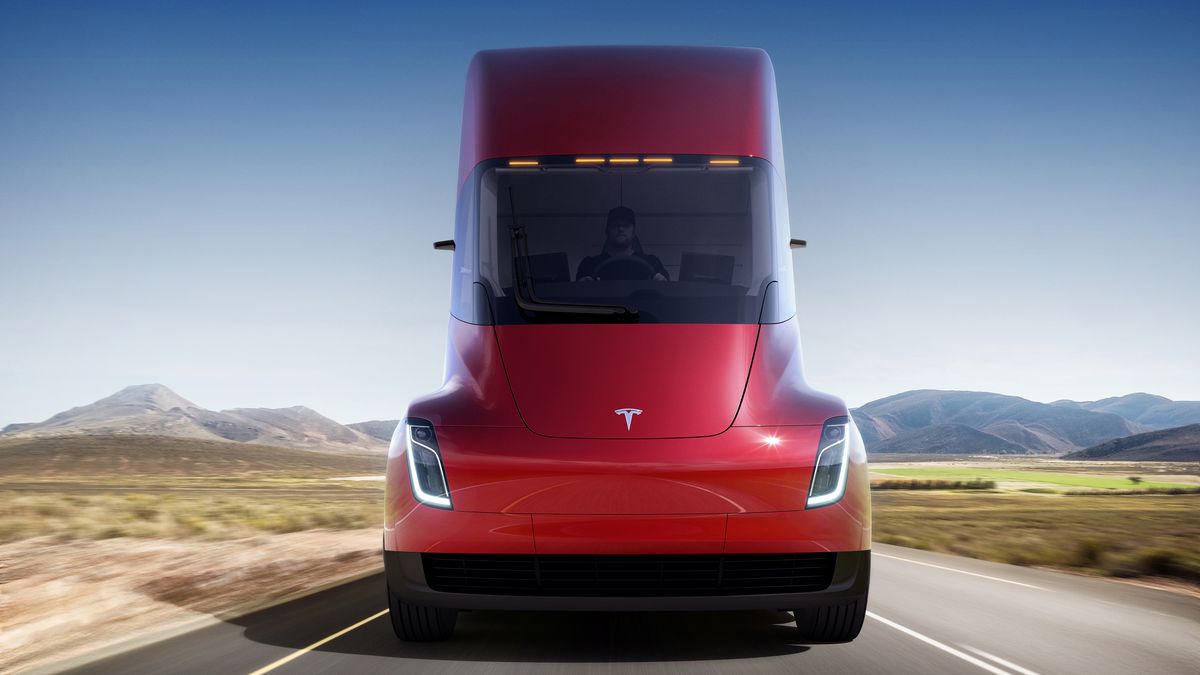Read The Full Article On: Wccftech
Xos Trucks, a manufacturer of electric trucks for the commercial sector, is the latest entrant in a long line of EV companies opting to go public by merging with a Special Purpose Acquisition Company (SPAC). However, as the EV sphere grows more crowded, investors are invariably looking to cut through this plethora of choices in order to pick portfolio winners. To this end, we will try to compare the prospects of Xos Trucks with those of Lion Electric – another company that produces similar products.
On Monday, Reuters reported that Xos Trucks was in merger talks with the SPAC NextGen Acquisition Corp. (NASDAQ:NGAC 13.2 1.70%). According to the publication, a Definitive Agreement (DA) to merge may materialize within February 2021. On the other hand, Lion Electric has already signed a merger DA with the SPAC Northern Genesis Acquisition Corp. (NYSE:NGA 24.595 -3.32%)), with the close of this transaction expected within Q1 2021.
Readers should note that, unlike Xos Trucks, Lion Electric manufactures a wide variety of all-electric medium and heavy-duty urban vehicles. These include school buses, shuttle buses, Class 6, and Class 8 trucks. Moreover, in 2021 – 2022, the company plans to introduce new iterations of Class 5, Class 6, Class 7, and Class 8 EVs, resulting in a comprehensive product portfolio. Crucially, Lion Electric is pursuing vertical integration by manufacturing the chassis, truck cabin, bus body, battery packs (from 2022 onwards), powertrain, and the controlling software in-house. Additionally, Lion Electric is also building a charging infrastructure for its EVs.
As far as the product portfolio of Xos Trucks is concerned, the company has developed a modular skateboard platform for Class 6 electric trucks, dubbed the X-Platform 1. This platform is currently under testing in electric step-vans operated by UPS and Loomis in California. Readers should note that California is a very lucrative market for EVs in light of new CARB restrictions that are set to take effect in 2023 and would restrict commercial fleets bearing engines that were manufactured prior to 2010. The X-Platform 1 can be configured to a wide variety of wheelbases and offers a range of up to 200 miles. Xos Trucks is also developing a Class 8 electric truck, the ET-One, which is expected to enter the production phase by the end of 2021. Finally, the company manufactures its own proprietary battery packs.
With this primer out of the way, let’s examine which company has better growth prospects. Lion Electric is targeting a Total Addressable Market (TAM) of $110 billion. Moreover, the company is already producing EVs at its facility near Montreal, Quebec, with a capacity of 2,500 units per annum. Back in June 2020, Lion Electric entered into a multi-year purchase agreement for up to 2,500 units of its Lion6 and Lion8 EVs. In contrast, Xos Trucks is expected to win lucrative contracts from the likes of UPS, especially in the light of the commitment by the Biden administration to replace the entire federal fleet with EVs.
A key driver of a company’s capital appreciation prospects is its financial strength. Lion Electric expects to earn a revenue of $204 million and EBITDA of $29 million in 2021. By 2024, the company would be earning over $3.6 billion in revenue and over $700 million in EBITDA. Since Xos Trucks has yet to publicly reveal its financial projections, we do not know the extent of its strength in this sphere. Nonetheless, this lacuna would be eliminated if Xos Trucks concludes a merger DA with NextGen Acquisition. While Lion Electric may appear to have better prospects right now, investors should wait for further clarity on Xos Trucks’ financial projections and, crucially, the extent of its collaboration with UPS and Loomis. Stay tuned!

